A European law meant to curb Big Tech’s dominance is facing backlash from the very companies it seeks to regulate. Apple and Google argue that the Digital Markets Act (DMA), intended to protect users, is instead making their experiences worse.
Others are reading now
A European law meant to curb Big Tech’s dominance is facing backlash from the very companies it seeks to regulate. Apple and Google argue that the Digital Markets Act (DMA), intended to protect users, is instead making their experiences worse.
Apple Fired the First Shot
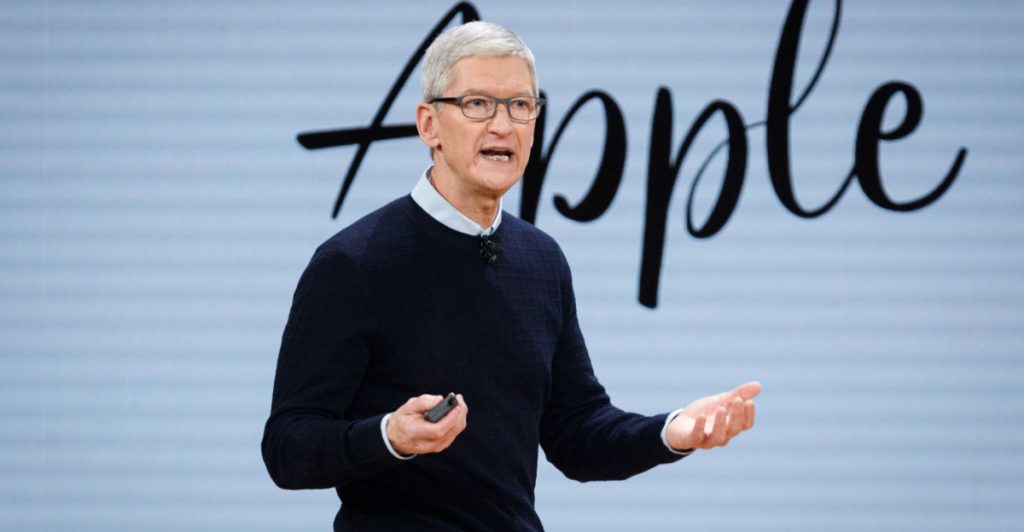
Apple was the first tech giant to publicly criticize the DMA. The company claimed the regulation forced it to make concerning changes that degrade the user experience in the EU.
Google Echoes Apple’s Concerns
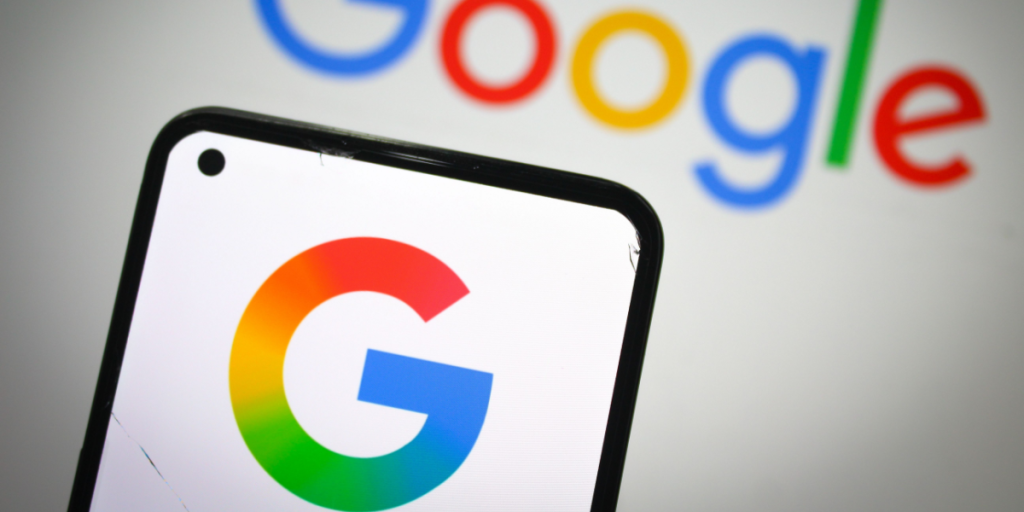
Following Apple’s lead, Google has now raised similar complaints. It argues the DMA is causing “significant and unintended harm” to European users and small businesses alike.
The Aim of the Digital Markets Act
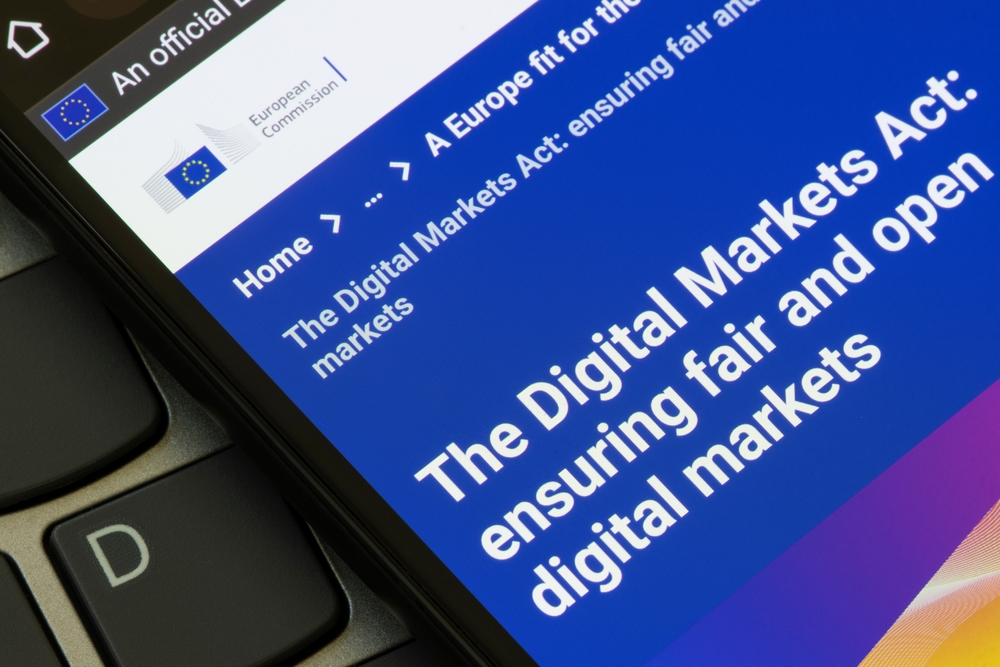
The DMA came into force in March 2024 with the goal of limiting the market power of dominant digital platforms. Its main objective is to ensure fair competition and prevent anti-competitive practices.
EU Opens Public Consultation
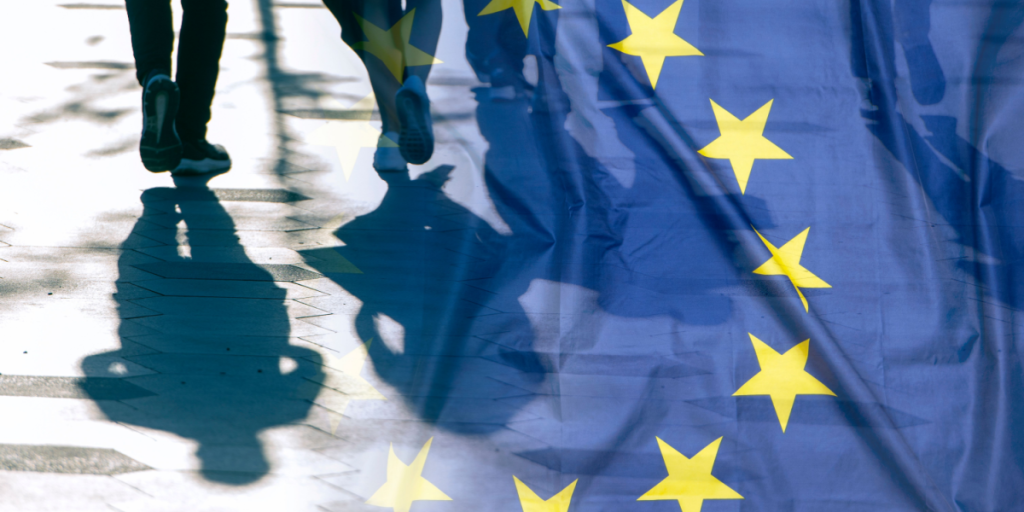
Almost a year after the DMA’s rollout, the European Commission launched a public consultation to assess the law’s real-world impact. This process has brought industry criticisms into the spotlight.
Also read
Apple Warns of Product Delays
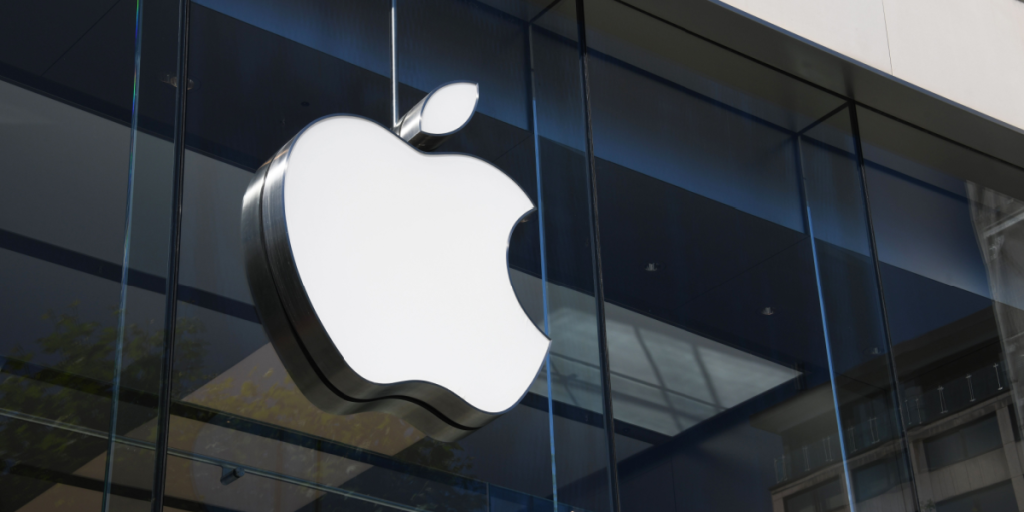
Apple says the DMA is slowing down the rollout of new features. The company claims it must now adapt these innovations to meet DMA requirements before releasing them in the EU.
Third-Party Access Sparks Controversy

Under the DMA, companies like Apple must open their platforms to third-party services. Apple argues this compromises product quality and undermines user privacy and security.
Google Slams Search Restrictions
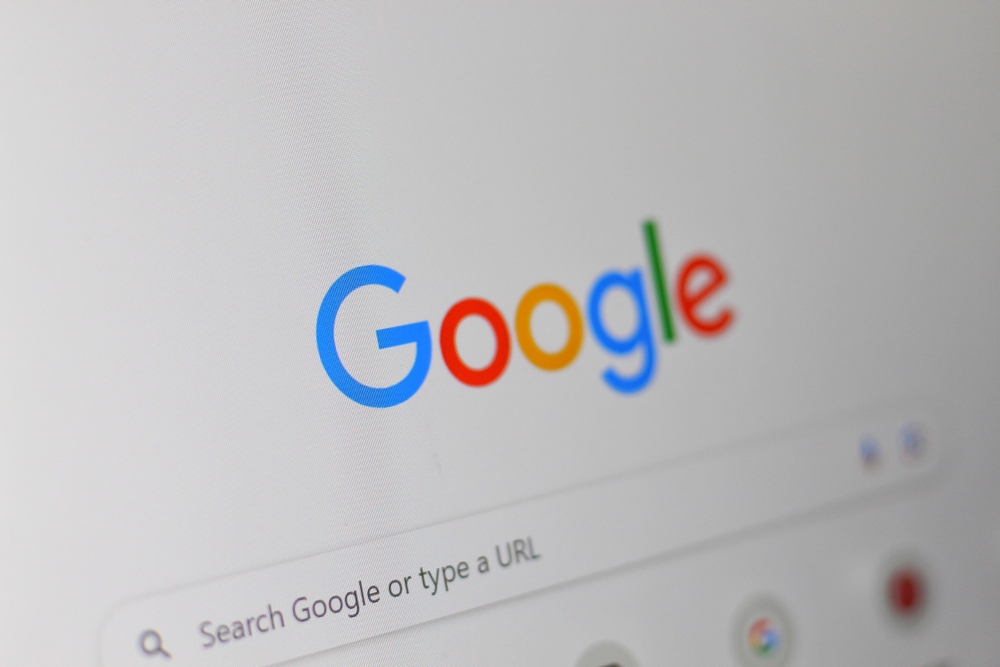
Google highlighted changes to its search function as particularly damaging. The company claims the DMA forces it to remove direct links to travel providers in favor of intermediaries that charge for placement.
Users Face Higher Costs, Says Google

According to Google, replacing direct search results with paid intermediary links drives up prices for consumers and reduces transparency in travel planning.
Impact on Small Businesses

Ironically, Google claims the very businesses the DMA intends to protect are being hurt. It argues the regulation cuts down their visibility in search results, reducing web traffic and customer reach.
Also read
Security Concerns on Android

Google also warned that the DMA compromises security on Android devices. It says the law compels it to weaken its protections, potentially exposing users to scams and malicious links.
A Clash of Values: Regulation vs. Innovation

At the heart of the debate is a fundamental clash: regulators say the DMA is about fairness, while Big Tech argues it’s slowing innovation and harming users. The outcome of this standoff could reshape the tech landscape in Europe.


